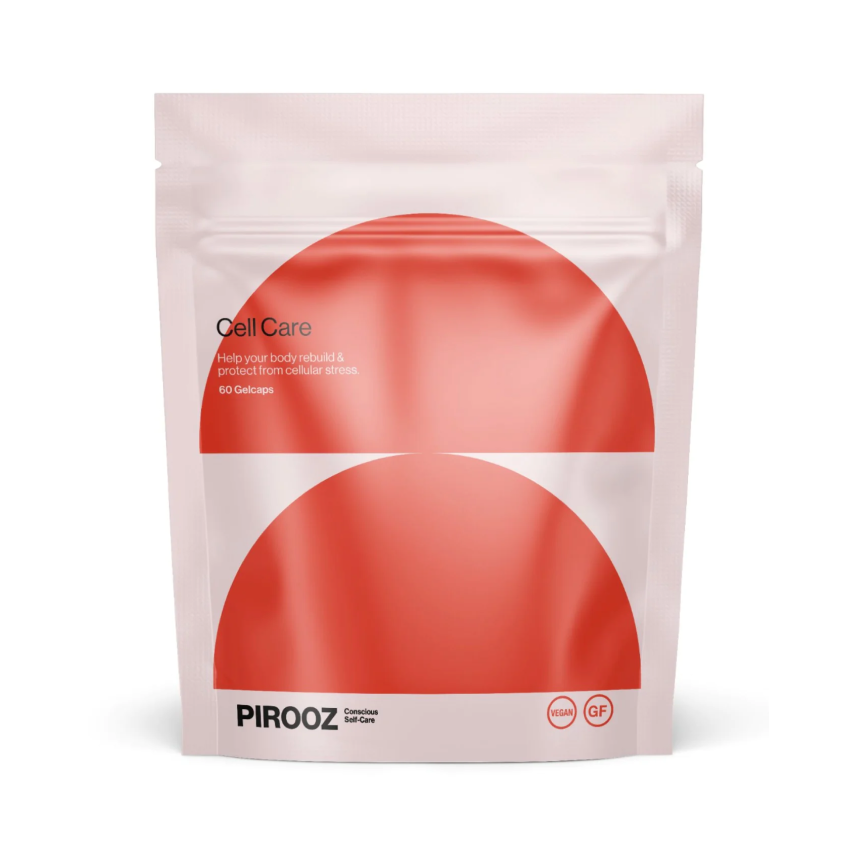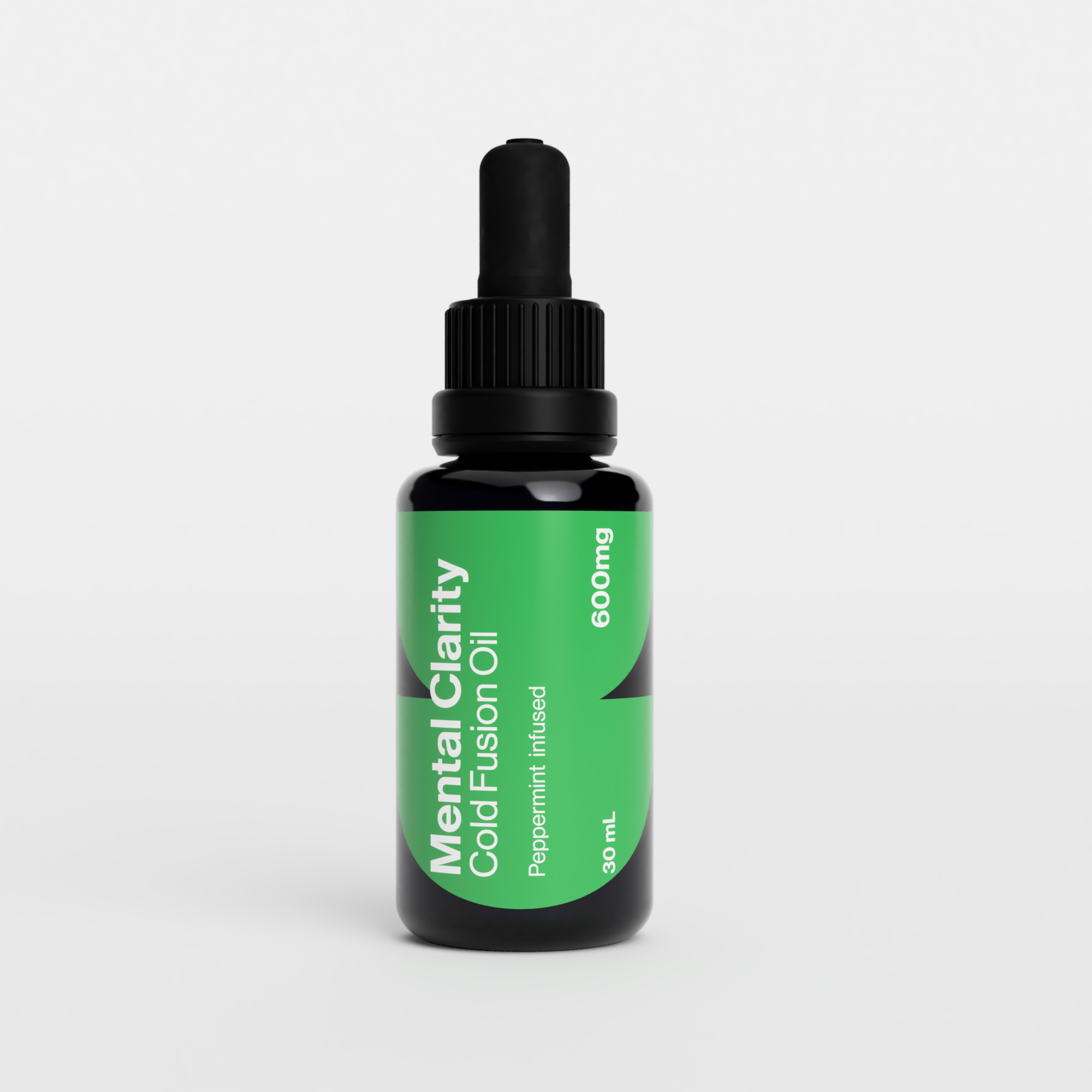In our fast-paced world, stress and anxiety have become a common experience, affecting millions of people globally. The demands of modern life, whether from work, personal relationships, financial challenges, or health concerns, create an environment where stress and anxiety are almost inevitable. According to the World Health Organization, an estimated 264 million people worldwide suffer from anxiety disorders, underscoring the widespread nature of this issue. While short-term stress can be a normal and even beneficial response to challenging situations, chronic stress and persistent anxiety can have profound negative impacts on both mental and physical health. One of the most significant areas affected by these conditions is the brain. The brain, our most complex organ, is particularly vulnerable to the effects of prolonged stress and anxiety. The constant activation of stress responses can lead to structural and functional changes in the brain, impacting cognitive functions such as memory, attention, and decision-making. Moreover, chronic stress and anxiety can exacerbate mental health disorders, contributing to the development and severity of conditions such as depression, anxiety disorders, and post-traumatic stress disorder (PTSD). This blog is dedicated to unravelling the intricate relationship between stress, anxiety, and brain health. We will delve into how these factors interplay to influence cognitive function, mental health, and overall well-being.
Understanding Stress and Anxiety
Defining Stress Stress is a complex physiological and psychological response to perceived threats or challenges. It triggers the body's 'fight or flight' response, releasing stress hormones such as cortisol and adrenaline. While acute stress can enhance focus and performance, chronic stress can lead to various health problems, including those affecting the brain.
Defining Anxiety Anxiety, while often related to stress, is a distinct condition characterized by persistent worry and fear. Various factors, including genetics, environmental stressors, and brain chemistry, can trigger it. Anxiety disorders, such as generalized anxiety disorder (GAD), panic disorder, and social anxiety disorder, can severely impact daily functioning and quality of life.
The Neurobiological Mechanisms of Stress and Anxiety
The Hypothalamic-Pituitary-Adrenal (HPA) Axis
The HPA axis plays a crucial role in the stress response. When the brain perceives a threat, the hypothalamus releases corticotropin-releasing hormone (CRH), which stimulates the pituitary gland to release adrenocorticotropic hormone (ACTH). ACTH then prompts the adrenal glands to produce cortisol. Chronic activation of the HPA axis due to prolonged stress can lead to dysregulation, contributing to various neurological and psychological disorders.
Neurotransmitters and Brain Chemistry
Stress and anxiety also affect neurotransmitter systems in the brain. For instance, serotonin, a neurotransmitter linked to mood regulation, can be depleted by chronic stress, leading to depressive symptoms. Similarly, gamma-aminobutyric acid (GABA), an inhibitory neurotransmitter that helps calm the brain, can be impacted by anxiety, resulting in heightened arousal and anxiety symptoms.
Structural and Functional Changes in the Brain
Hippocampus
The hippocampus, a brain region critical for memory and learning, is particularly vulnerable to stress. Chronic stress can lead to hippocampal atrophy, reducing volume and impairing cognitive functions. Studies have shown that high cortisol levels can damage hippocampal neurons, leading to memory problems and a decreased ability to process information effectively (Sapolsky, 2000).
Amygdala
The amygdala, which plays a crucial role in emotional regulation and fear responses, can become hyperactive due to chronic stress and anxiety. This heightened activity can lead to increased anxiety and emotional dysregulation. Over time, an overactive amygdala can contribute to anxiety disorders and other mental health issues (Roozendaal et al., 2009).
Prefrontal Cortex The prefrontal cortex (PFC) is responsible for executive functions such as decision-making, impulse control, and emotional regulation. Chronic stress can impair PFC function, leading to difficulties in these areas. Reduced PFC activity can result in poor decision-making, increased impulsivity, and heightened emotional reactivity (Arnsten, 2009).
Cognitive and Behavioural Impacts
Memory and Learning
As mentioned, stress-induced damage to the hippocampus can significantly impair memory and learning. Individuals experiencing chronic stress may find it difficult to concentrate, retain information, or learn new skills. This cognitive decline can affect academic and occupational performance, leading to further stress and anxiety.
Emotional Regulation
The amygdala and prefrontal cortex interplay is crucial for emotional regulation. When stress disrupts this balance, individuals may experience heightened emotional responses, mood swings, and difficulty managing emotions. This can contribute to various mental health issues, including depression and anxiety disorders.
Decision-Making and Impulse Control
Impairment of the prefrontal cortex due to stress can lead to poor decision-making and impulse control. Individuals may engage in risky behaviours, struggle with addiction, or make hasty decisions without fully considering the consequences. This can create a cycle of stress and poor choices, further exacerbating mental health issues.
The Role of Chronic Stress in Mental Health Disorders
Depression
Chronic stress is a well-known risk factor for depression. Prolonged exposure to stress hormones can lead to changes in brain structure and function, contributing to depressive symptoms. The dysregulation of neurotransmitter systems, particularly serotonin and dopamine, plays a vital role in the development of depression (Nestler et al., 2002).
Anxiety Disorders
Anxiety disorders, including generalized anxiety disorder (GAD), panic disorder, and post-traumatic stress disorder (PTSD), are closely linked to chronic stress. The constant activation of the stress response system can lead to heightened anxiety and fear responses, making it difficult for individuals to manage everyday stressors.
Post-Traumatic Stress Disorder (PTSD) PTSD is a severe anxiety disorder that can develop after experiencing or witnessing a traumatic event. Chronic stress and anxiety can contribute to the development of PTSD by altering brain regions involved in fear processing and emotional regulation. The amygdala becomes hyperactive, while the prefrontal cortex and hippocampus may become less responsive, leading to persistent fear and anxiety symptoms (Pitman et al., 2012).
Mitigating the Impact of Stress and Anxiety on Brain Health
Lifestyle Interventions -
- Exercise: Regular physical activity has been shown to reduce stress and anxiety while promoting brain health. Exercise increases the production of endorphins, improves sleep, and enhances cognitive function. By incorporating exercise into your routine, you can take proactive steps to manage your stress and anxiety and improve your brain health (Ratey & Loehr, 2011).
- Mindfulness and Meditation: Practices such as mindfulness and meditation can help reduce stress and anxiety by promoting relaxation and enhancing emotional regulation. These practices have increased grey matter in brain regions associated with emotional regulation and cognitive function. Additionally, the support of friends, family, or a professional network can provide a crucial buffer against the adverse effects of stress and anxiety, reinforcing the importance of social connections in managing these conditions (Holzel et al., 2011).
- Healthy Diet: A balanced diet rich in omega-3 fatty acids, antioxidants, and other nutrients can support brain health and reduce the impact of stress. Nutrients such as magnesium, vitamin B6, and zinc have been linked to improved mood and cognitive function (Gomez-Pinilla, 2008).
Psychological Interventions
- Cognitive Behavioural Therapy (CBT): CBT is a well-established therapy for managing stress and anxiety. It helps individuals identify and change negative thought patterns and behaviours, improving emotional regulation and reducing anxiety symptoms (Hofmann et al., 2012).
- Exposure Therapy: This therapy is particularly effective for anxiety disorders such as PTSD. It involves gradual exposure to feared situations or memories, helping individuals reduce fear responses and anxiety levels (Foa et al., 2007).
- Stress Management Techniques: Techniques such as time management, relaxation exercises, and deep breathing can help individuals manage stress more effectively, reducing its impact on the brain and overall health.
Pharmacological Interventions
- Antidepressants: Medications such as selective serotonin reuptake inhibitors (SSRIs) and serotonin-norepinephrine reuptake inhibitors (SNRIs) can help regulate neurotransmitter levels, improving mood and anxiety relief symptoms (Thase et al., 2001).
- Anxiolytics: Medications such as benzodiazepines and beta-blockers can provide short-term relief from severe anxiety symptoms. However, they are generally not recommended for long-term use due to the risk of dependence and side effects (Baldwin et al., 2005).
- Antipsychotics: In some cases, antipsychotic medications may be prescribed for severe anxiety disorders or PTSD, mainly if other treatments have not been effective. These medications can help stabilize mood and reduce anxiety symptoms (Muller et al., 2004).
The Importance of Social Support
Social support is a critical factor in managing stress and anxiety. A solid support network of family, friends, and professionals can provide emotional comfort, practical assistance, and a sense of belonging. Social support has been shown to buffer the effects of stress, reducing its impact on brain health and overall well-being (Cohen & Wills, 1985).
Final Thought -
The impact of stress and anxiety on brain health is profound and multifaceted, affecting various aspects of cognitive function, emotional regulation, and mental health. Chronic stress and anxiety can lead to structural and functional changes in the brain, contributing to mental health disorders such as depression and anxiety disorders. However, it is possible to mitigate these effects and promote brain health through a combination of lifestyle, psychological, and pharmacological interventions. As research continues to advance, new treatments and strategies will emerge, offering hope for individuals affected by stress and anxiety. One promising solution for managing stress and enhancing brain health is the Best brain health supplement- PIROOZ Mental Clarity. This product stands out as an exceptional aid in the fight against stress and anxiety due to its unique formulation and comprehensive benefits:
- Enhanced Focus: Formulated to support cognitive function and enhance focus, Mental Clarity helps optimize mental performance and productivity, fostering a more evident mindset. This is particularly beneficial in managing the distractions and cognitive fatigue often accompanying chronic stress.
- Calms the Mind: Designed to promote relaxation and calmness, Mental Clarity aids in reducing stress and anxiety, allowing for greater mental clarity and emotional balance. This calming effect is crucial for maintaining mental health and preventing the overactivation of the brain's stress response system.
- Improved Cognitive Function: Mental Clarity assists in optimizing brain function and cognitive abilities, helping to sharpen mental clarity and enhance overall cognitive performance. Supporting brain health helps mitigate the cognitive decline often associated with chronic stress.
- Supports Neurological Health: Mental Clarity contributes to maintaining optimal neurological health and function by providing essential nutrients and supporting neurotransmitter function. This support is vital for sustaining brain health in the face of prolonged stress and anxiety.
By understanding the intricate relationship between stress, anxiety, and brain health, we can take proactive steps to manage these conditions and improve our overall well-being. Whether through lifestyle changes, therapy, medication, or the use of supplements like PIROOZ Mental Clarity, there are numerous ways to protect our brain health and enhance our quality of life in the face of stress and anxiety. With the right approach, we can foster a healthier mind and a more balanced life, even amidst the challenges of modern living.











